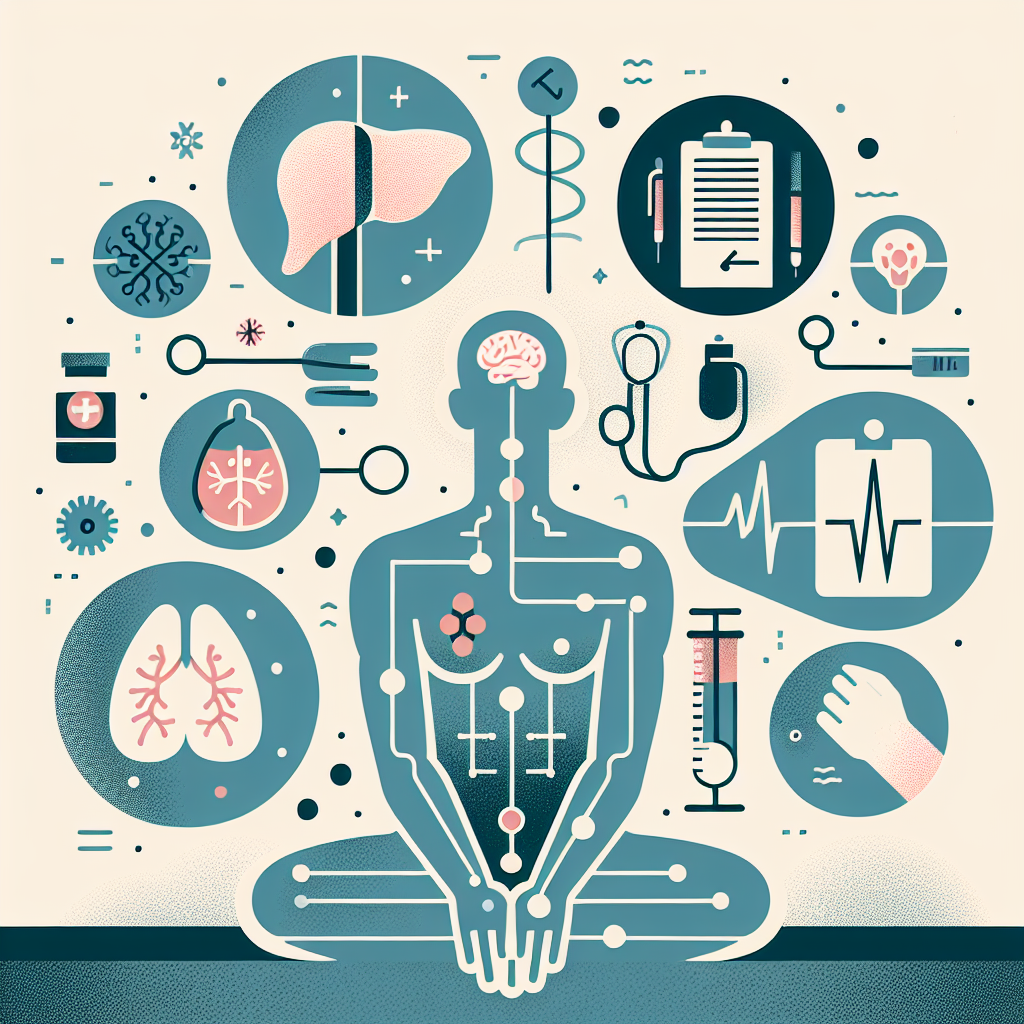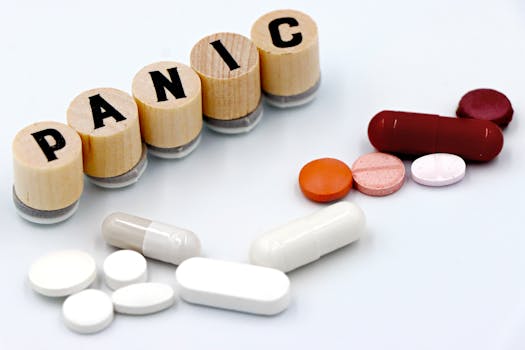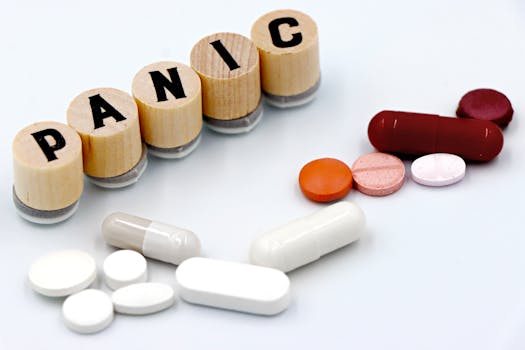Anxiety doesn’t only live in the mind — it often shows up as muscle tension, soreness, and unexplained aches. How to Get Rid of Anxiety Body Aches? is the first question many people ask when their neck, shoulders, or lower back start to hurt during a period of chronic worry. This article explains simple, evidence-informed strategies to reduce physical pain caused by anxiety and restore comfort and function.
Why your body hurts: the stress–pain connection
When you wonder, can stress and anxiety cause body aches, the short answer is yes. The body responds to perceived threats by tensing muscles, releasing stress hormones, and increasing inflammation markers — processes that, over time, produce soreness and fatigue. Stress body aches are common in the neck, shoulders, jaw, and lower back, and they can be amplified by poor posture, disrupted sleep, or inactivity that often accompany anxiety.
Effective ways to relieve anxiety-related body aches
Treatment combines immediate relief for tight muscles with longer-term strategies that lower overall arousal. Below are practical steps you can try today and maintain over time to reduce both pain and anxiety.
Immediate, at-home relief
- Deep breathing: Practice slow diaphragmatic breaths for 5–10 minutes to calm the nervous system and reduce muscle tension.
- Progressive muscle relaxation: Tense and release major muscle groups from toes to head to release chronic tightness.
- Heat and gentle stretching: A warm shower or heating pad followed by slow stretches eases stiffness and improves blood flow.
- Posture checks: Adjust your workstation and take micro-breaks to avoid sustained positions that add strain.
Daily habits that lower pain and anxiety
Build routines that reduce physiological arousal and strengthen resiliency. Regular aerobic exercise, even a 20–30 minute brisk walk most days, reduces muscle pain and releases endorphins. Consistent, restorative sleep is crucial; practice sleep hygiene by keeping a regular bedtime and limiting late caffeine. Hydration, balanced meals, and moderating stimulants like caffeine and nicotine also help reduce muscle jitteriness and pain.
Mind–body therapies
Therapies like cognitive behavioral therapy (CBT) and mindfulness-based stress reduction teach skills that change how you respond to stressors and reduce the frequency of stress body aches. Somatic exercises — gentle yoga, tai chi, or Feldenkrais — combine movement and awareness to release habitual tension patterns. If your routine is very screen-heavy, a planned break may help; consider a digital detox to reclaim focus and reduce anxiety, since reducing constant notifications and evening screen use can lower arousal and improve sleep.
When to seek medical care
If aches are severe, persistent, or accompanied by unexplained fever, numbness, weakness, or other red flags, consult a healthcare professional to rule out medical causes. Your clinician can evaluate for conditions that mimic anxiety-related pain and recommend targeted treatments such as physical therapy, prescription medications, or specialized pain management if needed.
Professional treatment options
For some people, short-term medication (e.g., muscle relaxants or anxiolytics) can break the pain–anxiety cycle while therapy and lifestyle changes take hold. Physical therapists teach movement patterns and exercises to correct biomechanical contributors to pain. A mental health professional can teach CBT techniques to reduce catastrophic thinking that amplifies perceived pain.
Evidence and trustworthy guidance
Public health agencies emphasize coping skills for stress reduction that also reduce somatic symptoms. For practical tips and resources on managing stress and its physical effects, see the CDC guidance on coping with stress.
Quick checklist
- Try breathing and progressive muscle relaxation daily.
- Use heat and gentle movement for immediate relief.
- Improve sleep, hydration, and posture.
- Practice mind–body techniques and reduce screen overstimulation.
- See a clinician if symptoms are severe, new, or worsening.
FAQ
Q: Are my aches only psychological?
A: Not necessarily. Anxiety can produce real physical tension and pain, but it’s important to rule out medical causes. A clinician can help determine if your symptoms are purely stress-related or have another cause.
Q: How quickly will pain improve if I reduce anxiety?
A: Some people notice relief within days after adopting relaxation and movement practices; for chronic tension the process may take weeks to months as new habits and therapies take effect.
Q: Can exercise make anxiety body aches worse?
A: High-intensity or unfamiliar exercise can temporarily increase soreness. Start gently, focus on consistency, and pair activity with adequate recovery to improve long-term outcomes.






